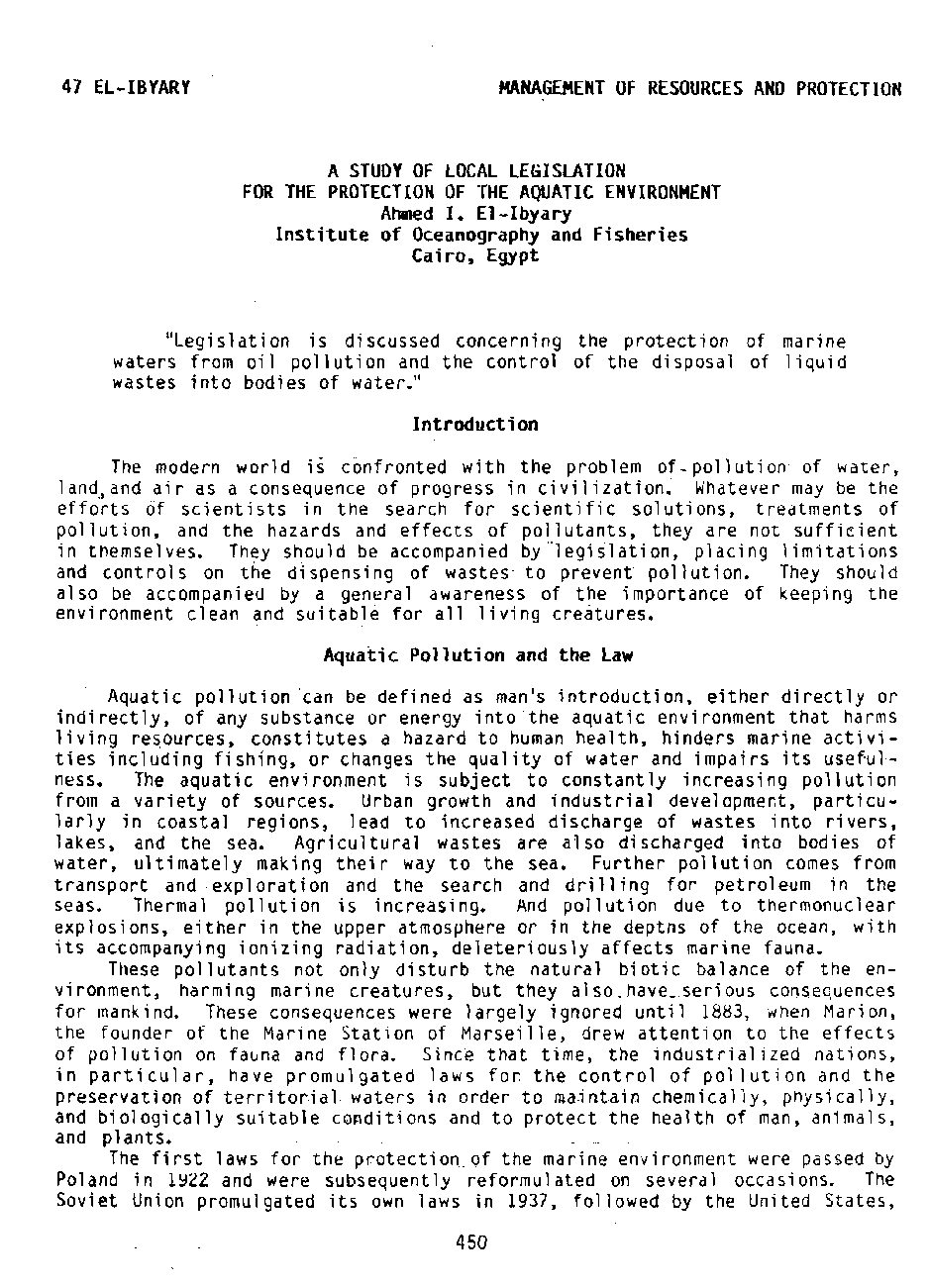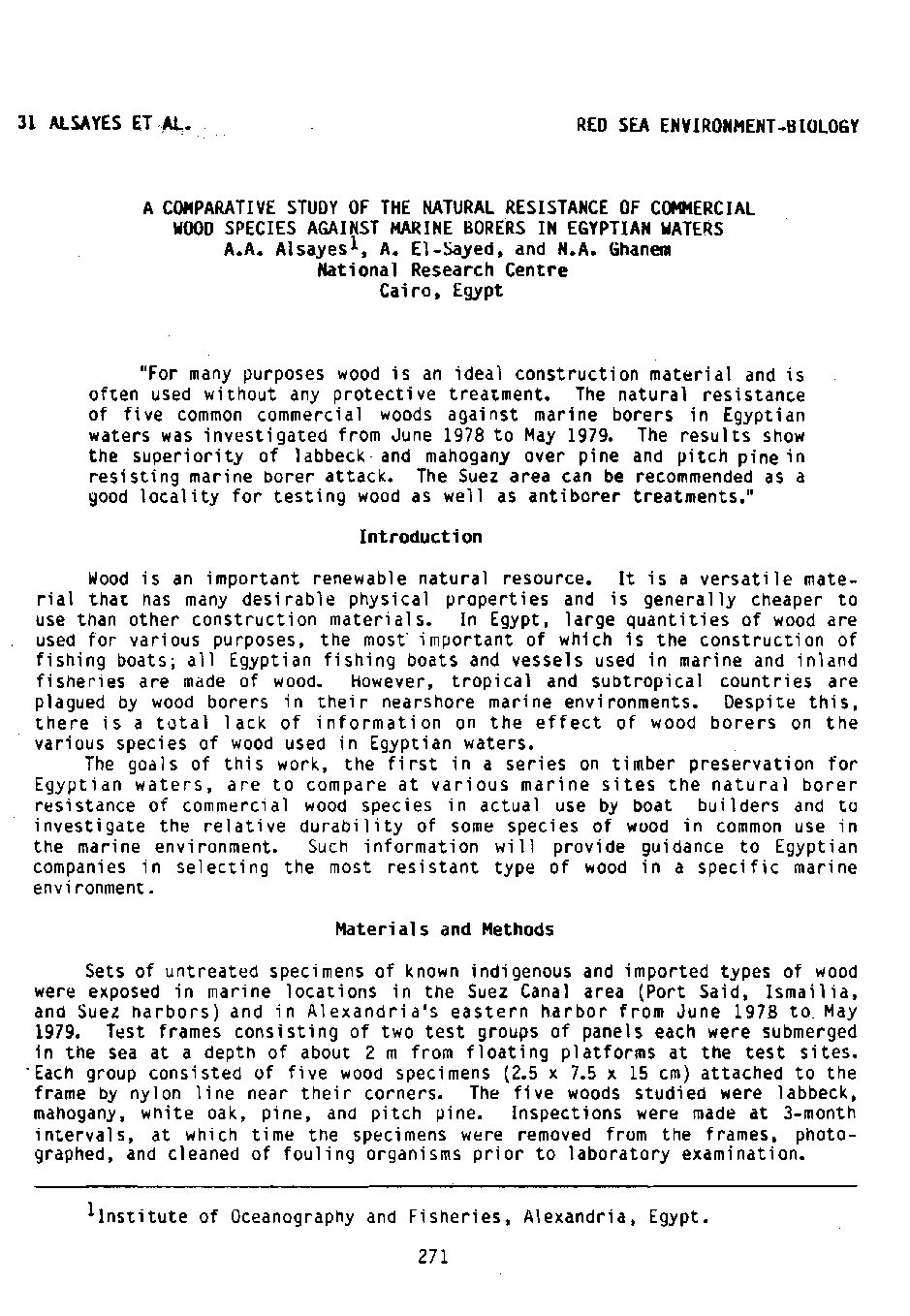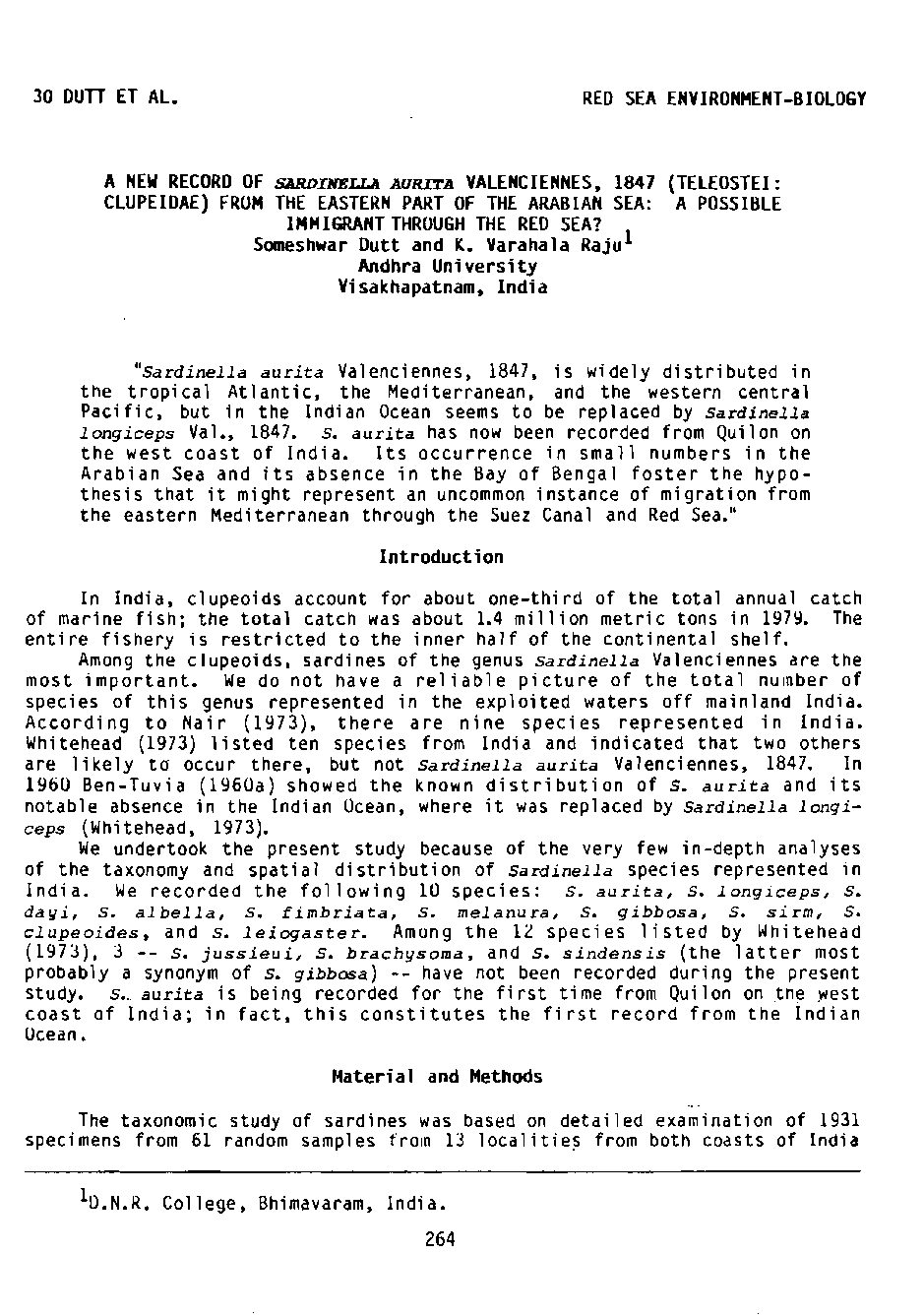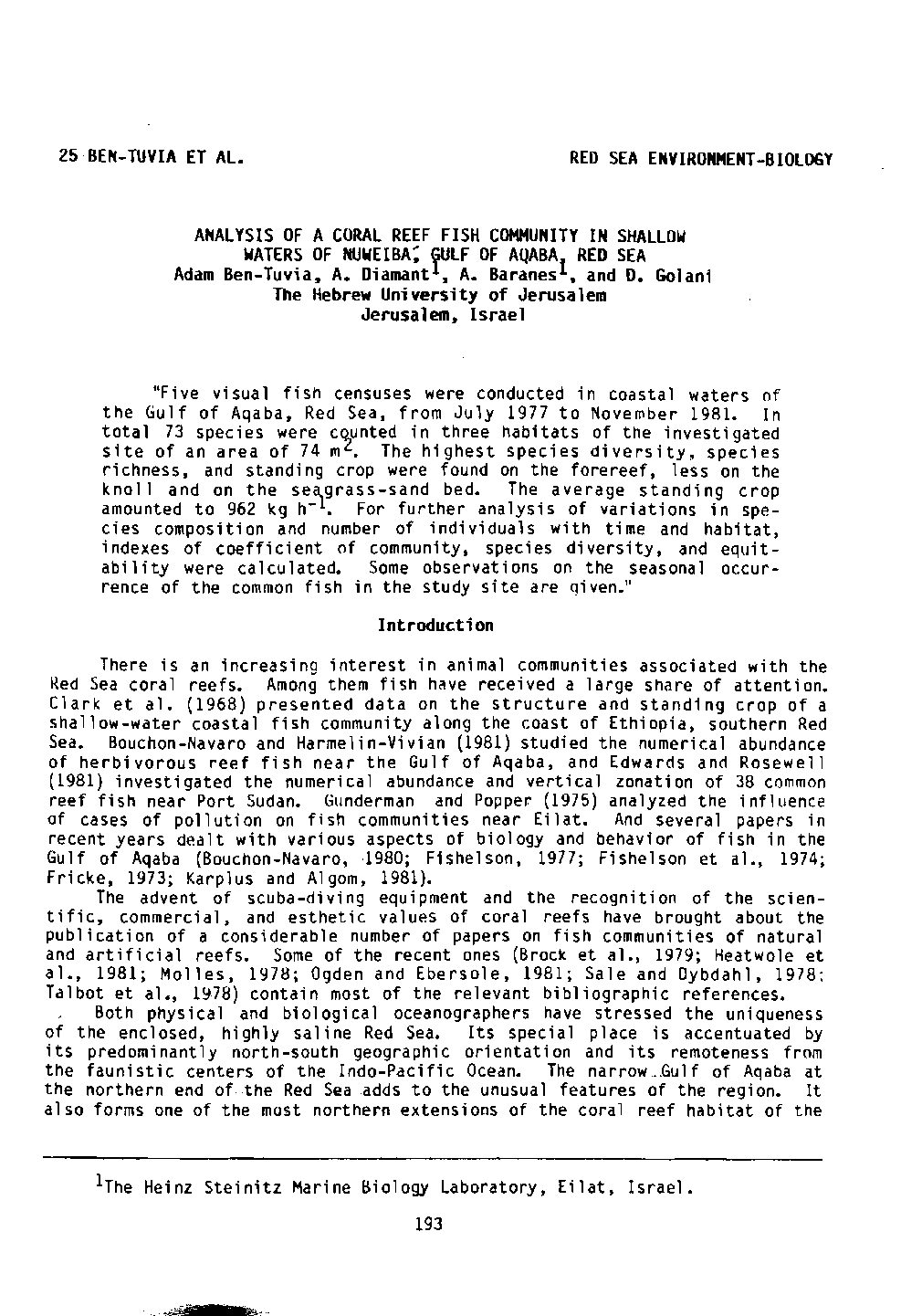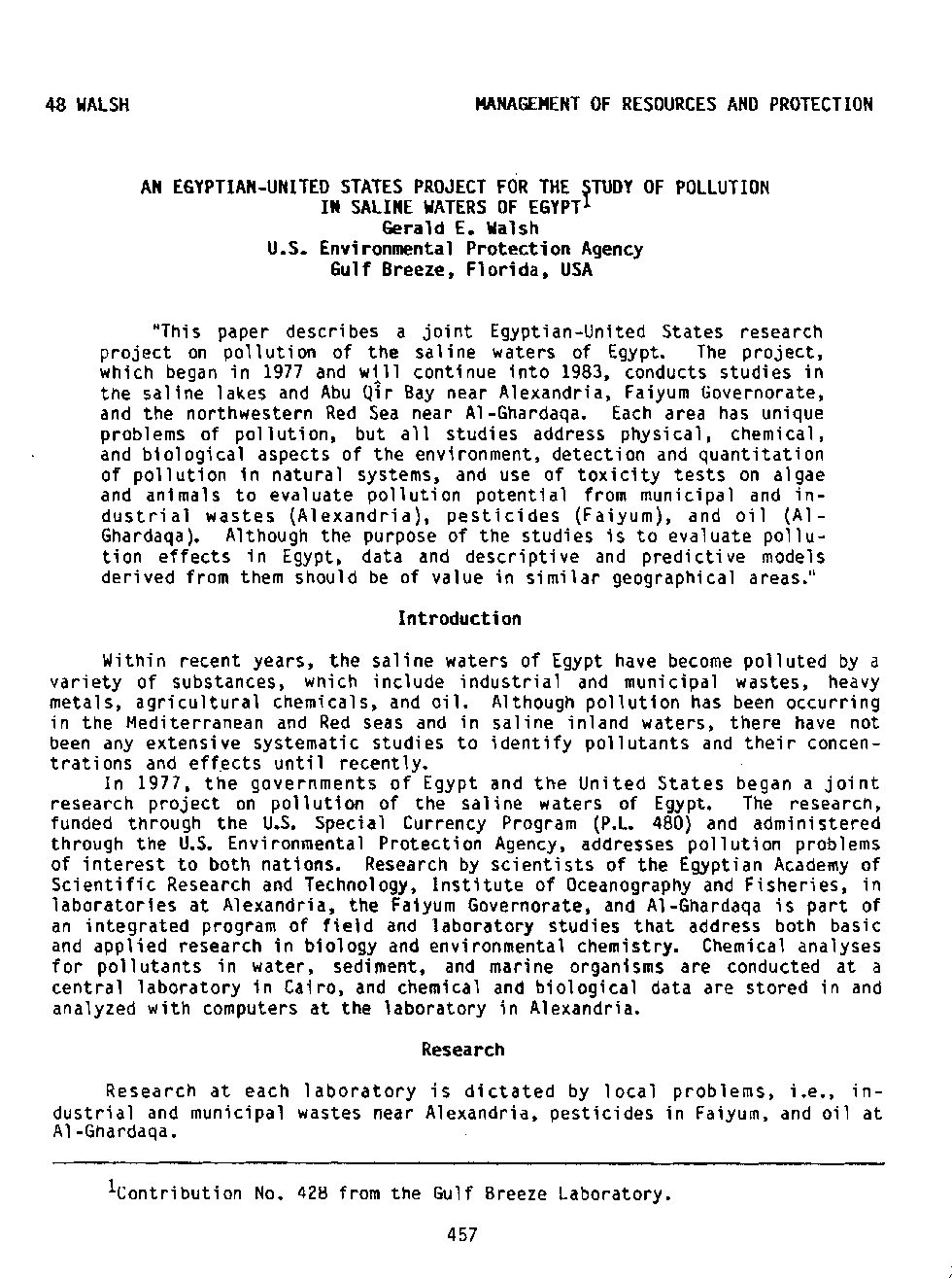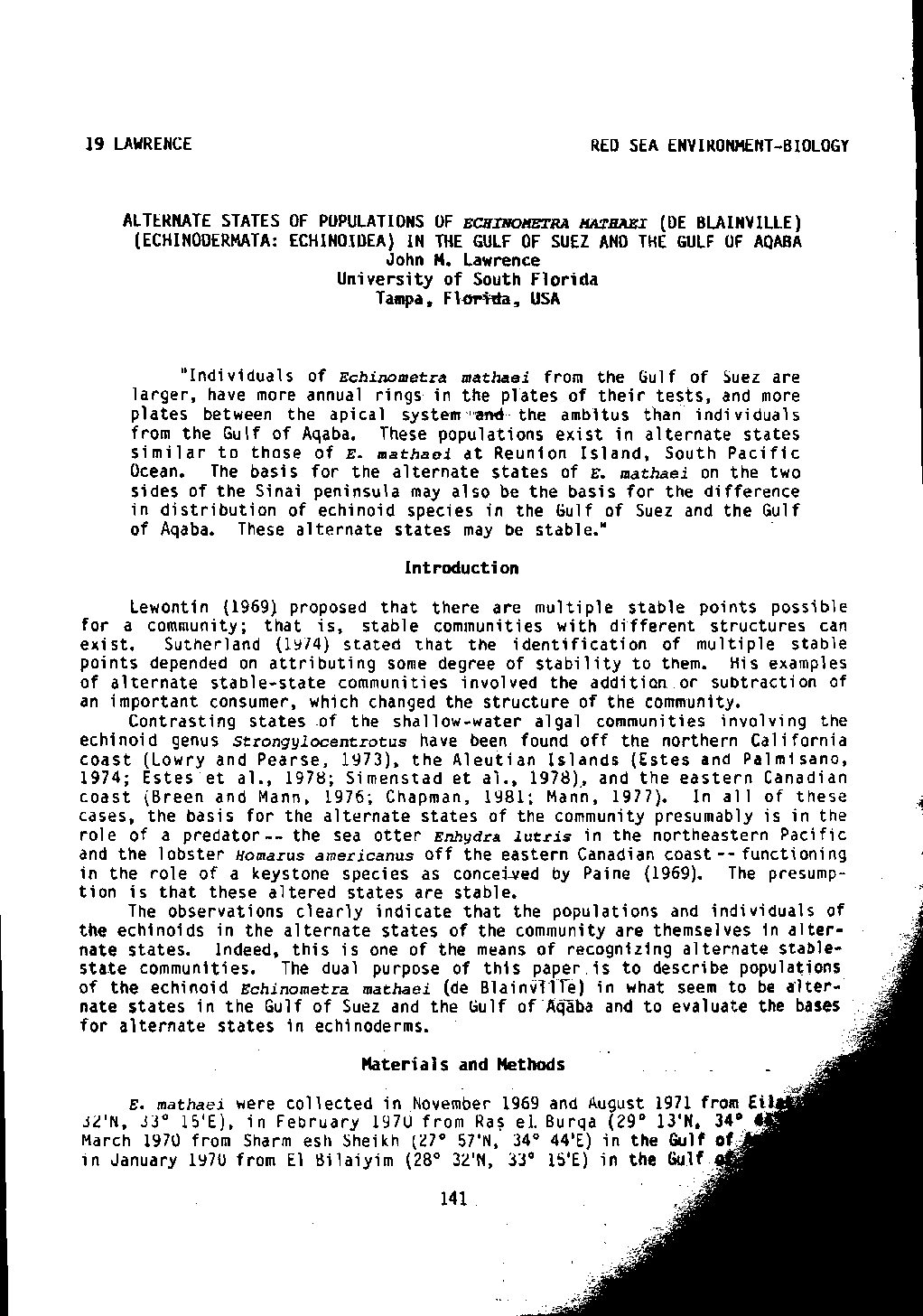Categories
vol-9A STUDY OF LOCAL LEGISLATION
FOR THE PROTECTION OF THE AQUATIC ENVIRONMENT
Ahmed I. El-Ibyary
Institute of Oceanography and Fisheries
Cairo, Egypt
“Legislation is discussed concerning the protection of marine
waters from oil pollution and the control of the disposal of liquid
wastes into bodies of water.”
Introduction
The modern world is confronted with the problem of-pollution of water.
1and”and air as a consequence of progress in civilization. Whatever may be the
efforts of scientists in the search for scientific solutions, treatments of
pollution. and the hazards and effects of pollutants. they are not suffic:ient
in themselves. They should be accompanied by”legislation, placing limitations
and controls on the dlspens i ng of wastes to prevent poll ut i on. They shou 1d
also be accompanied by a general awareness of the importance of keeping the
environment clean and suitable for all living creatures.
Aquatic Pollution and the Law
Aquatic pollution can be defined as man’s introduction, either directly or
indirectly. of any substance or energy into the aquatic environment that harms
living resources, constitutes a hazard to human health, hinders marine activities inclUding fishing, or changes the quality of water and impairs its usefulness. The aquatic environment is subject to constantly increasing pollution
from a variety of sources. Urban growth and industrial development, particularly in coastal regions. lead to increased discharge of wastes into rivers,
lakes, and the sea. Agricultural wastes are also discharged into bodies of
water, ultimately making thei r way to the sea. Further pollution comes from
transport and exploration and the search and drilling for petroleum in the
seas. Thermal pollution is increasing. And pollution due to thermonuclear
explosions, either in the upper atmosphere or in the depths of the ocean, with
its accompanying ionizing radiation, deleteriously affects marine fauna.
These pollutants not only disturb the natural biotic balance of the environment. harming marine creatures, but they also.have_.serious cOnsequences
for mank i nd. These consequences were 1argely ignored unti 1 1883, when Mari on.
the founder of the Marine Station of Marseille. drew attention to the effects
of pollution on fauna and flora. Since that time, the industrialized nations,
i n partic u 1a r, ha ve promu1gat e d law s for t l1e con t r 0 1 0 f poIlu t ion and the
preservation of territorial waters in order to maintain chemically. physically,
and biologically suitable cORdit;ons and to protect the health of man. animals,
and plants.
The first laws for the protection, of the marine environment were passed by
Poland in 1n2 and were subsequently reformulated on several occasions. The
Soviet Union promulgated its own laws in 1937, followed by the United States.
